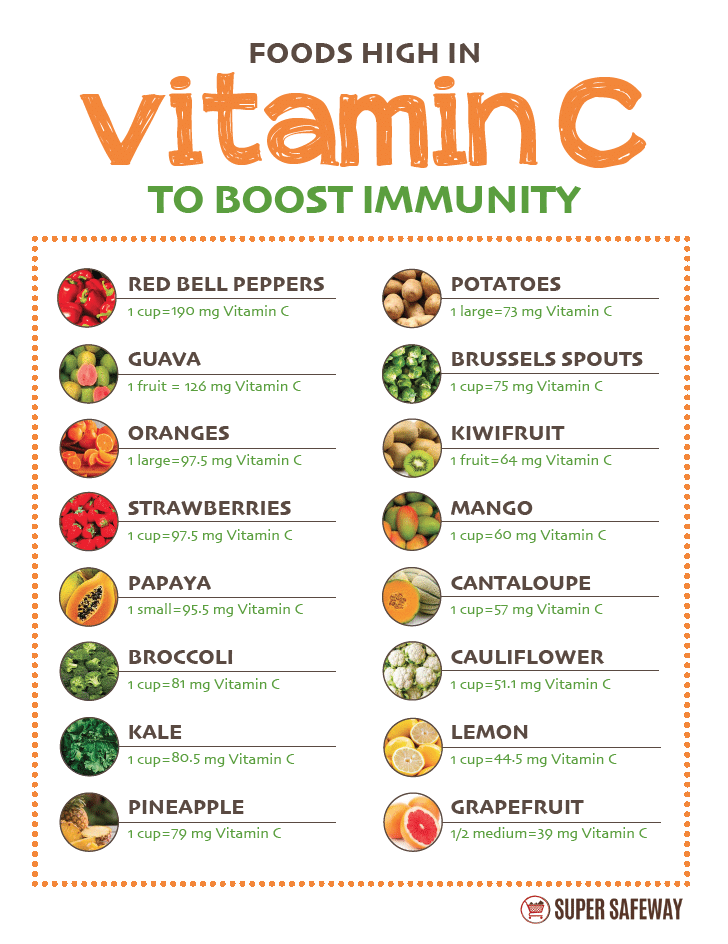Consumption of Food Rich in Vitamin C to Boost the Immune System

What are the benefits of consuming food rich in vitamin C?
1. Boosts the immune system
Vitamin C helps stimulate the production of white blood cells, which are essential for fighting off infections and diseases. It also helps these cells function more effectively.
2. Protects against heart disease
Studies have shown that consuming food rich in vitamin C can help reduce the risk of heart disease by lowering blood pressure and preventing the buildup of plaque in the arteries.
3. Improves skin health
Vitamin C is essential for the production of collagen, which is a protein that provides structure to the skin. Consuming food rich in vitamin C can help improve the appearance of wrinkles and promote healthy skin.
4. Helps with iron absorption
Vitamin C helps the body absorb iron from plant-based sources, which can be difficult to absorb on their own. This is especially important for vegetarians and vegans who do not consume meat, which is a major source of iron.
What are some food sources of vitamin C?
Some food sources of vitamin C include:
- Oranges
- Strawberries
- Kiwi
- Bell peppers
- Broccoli
- Tomatoes
- Kale
How much vitamin C should I consume?
The recommended daily intake of vitamin C for adults is 75-90 mg per day. However, some experts recommend consuming more than this amount, especially during times of illness or stress.
What are the potential risks of consuming too much vitamin C?
Consuming too much vitamin C can cause digestive issues such as diarrhea, nausea, and cramps. It can also interfere with the absorption of certain medications, such as aspirin and blood thinners.
Conclusion
Consuming food rich in vitamin C is essential for maintaining a healthy immune system, protecting against heart disease, improving skin health, and aiding in iron absorption. While the recommended daily intake is 75-90 mg per day, consuming more than this amount may be beneficial during times of illness or stress. However, it is important to be mindful of the potential risks of consuming too much vitamin C and to speak with a healthcare provider before taking any supplements.
FAQ
1. Can I get enough vitamin C from supplements?
While supplements can be a convenient way to get vitamin C, it is generally recommended to get nutrients from whole foods whenever possible. Additionally, consuming too much vitamin C from supplements can be harmful.
2. Can vitamin C prevent the common cold?
While consuming vitamin C may help reduce the duration and severity of cold symptoms, it is not a guaranteed preventative measure.
3. Can I consume too much vitamin C from food sources?
It is unlikely to consume too much vitamin C from food sources alone, as the body can excrete excess amounts. However, it is still possible to consume too much vitamin C from supplements or fortified foods.
4. Can vitamin C help with iron-deficiency anemia?
Vitamin C can help with iron absorption, which is important for preventing and treating iron-deficiency anemia. However, it should not be relied upon as the sole treatment for this condition.
